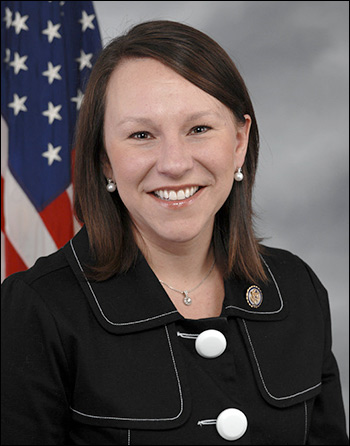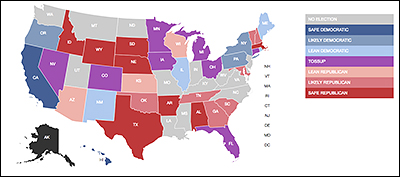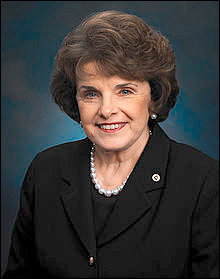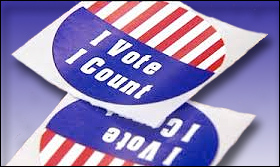By Jim Ellis
July 20, 2018 — Though New Yorkers have already gone to the polls to choose their federal nominees, they must return on Sept. 13 to vote for their final state candidates. The Empire State is the only domain in the country that conducts separate primaries for federal and then state and local offices.
In a statewide race that might affect a congressional campaign, Rep. Sean Patrick Maloney (D-Cold Spring/West Point), after winning the Democratic nomination for re-election on June 26, announced that he would enter the open Sept. 13 primary for state attorney general. If he is successful in winning the party nomination, Maloney says he will end his congressional campaign. This will force the local Democratic leadership from the four counties that combine to form the 18th Congressional District to convene and choose a new nominee with barely a month remaining in the general election cycle.
With this background, Quinnipiac University comes forth with their latest New York survey (July 12-16; 934 registered New York voters, 415 likely New York Democratic primary voters). The pollsters see Gov. Cuomo expanding his Democratic primary advantage over Nixon. According to the May Q-Poll, Cuomo led Nixon 50-28 percent. In their new July study, the governor posts a stronger 59-23 percent margin, meaning a net gain of 14 percentage points. Because Nixon controls the Working Families Party ballot line, however, she will advance to the general election no matter what happens in the September state Democratic primary.







